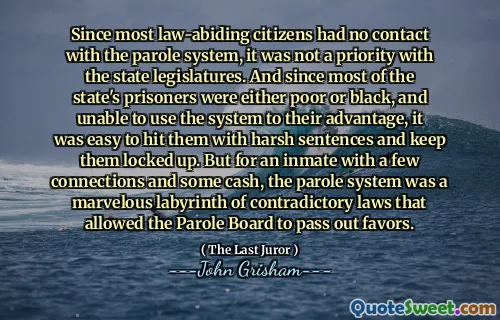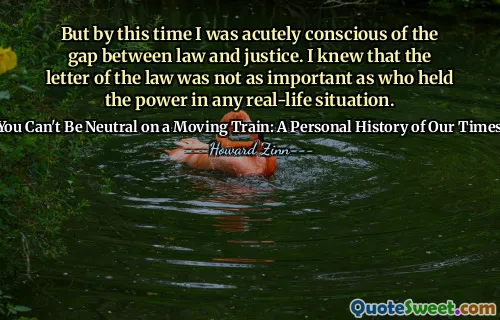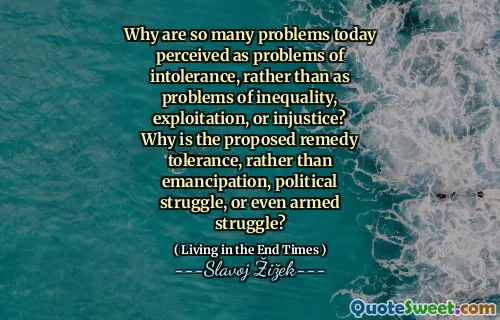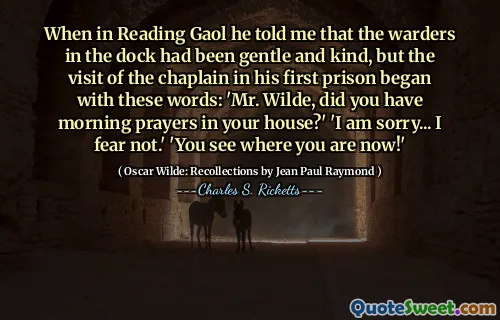
Since most law-abiding citizens had no contact with the parole system, it was not a priority with the state legislatures. And since most of the state's prisoners were either poor or black, and unable to use the system to their advantage, it was easy to hit them with harsh sentences and keep them locked up. But for an inmate with a few connections and some cash, the parole system was a marvelous labyrinth of contradictory laws that allowed the Parole Board to pass out favors.
[This quote vividly exposes the systemic inequalities ingrained within the justice and parole systems. It highlights how policies and practices have historically been influenced by racial and socioeconomic biases, resulting in a disparity where the poor and minorities are disproportionately incarcerated and subjected to harsher sentences. The notion that the parole system was largely a tool accessible mainly to those with connections and financial resources underscores the systemic corruption and favoritism that pervades the system, compromising justice and fairness. It prompts reflection on the ways in which policy design and implementation can reinforce existing societal inequalities—favoring the privileged while marginalizing the vulnerable. Such disparities can erode public confidence in the justice system, sow mistrust, and perpetuate cycles of poverty and disenfranchisement. Addressing these issues would require comprehensive reforms aimed at eliminating biases, ensuring transparency, and creating equitable opportunities within the judicial and parole processes. Recognizing and confronting these systemic flaws is critical for building a more fair and just society where the rule of law applies equally to all, regardless of race or economic status. Ultimately, the quote emphasizes the importance of vigilance and advocacy to reform unjust systems that serve the interests of the few at the expense of the many. This reflection encourages ongoing dialogue about social justice, equity, and the need for structural change in criminal justice institutions.



